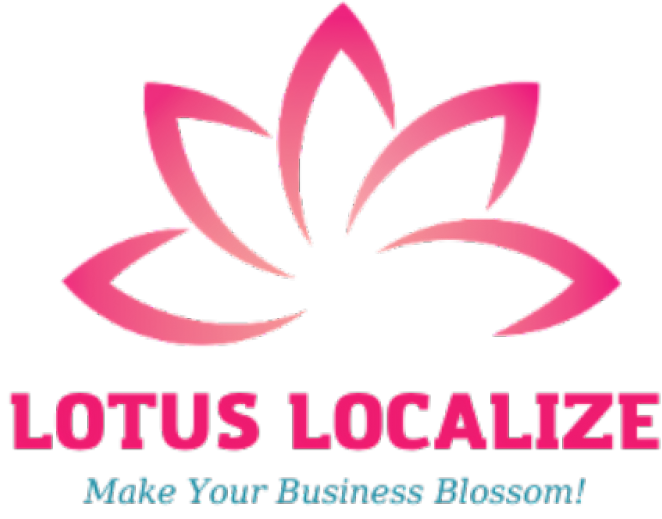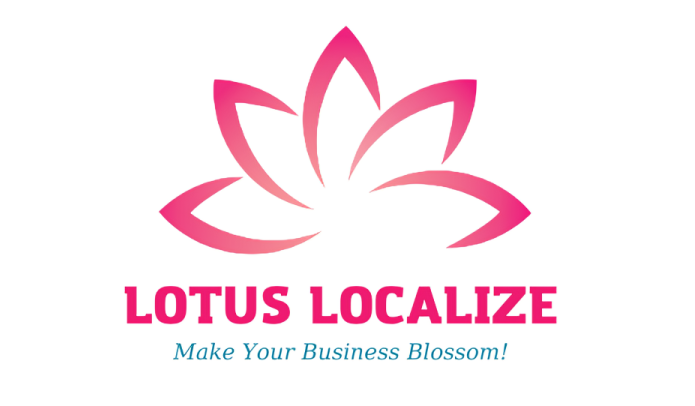
Translation vs localization: What you need to know for effective global communication
Expanding globally requires more than just translating words; it demands a deep understanding of cultural nuances and local preferences to truly connect with your audience. While translation focuses on converting text from one language to another with accuracy, localization goes further by adapting the entire content experience to resonate with the target market’s cultural context. Understanding the differences between translation vs localization is crucial for effective global communication. By choosing the right approach—whether it’s translation for precise information or localization for cultural relevance—you can ensure that your brand’s message is not just understood, but deeply appreciated and impactful worldwide.
The importance of global communication
In today’s interconnected world, global communication is no longer a luxury—it’s a necessity. Whether you’re a multinational corporation or a startup looking to break into new markets, the ability to communicate effectively with diverse audiences can determine your success. This involves more than just translating your website or marketing materials; it requires a comprehensive approach that considers cultural nuances, local preferences, and linguistic intricacies.
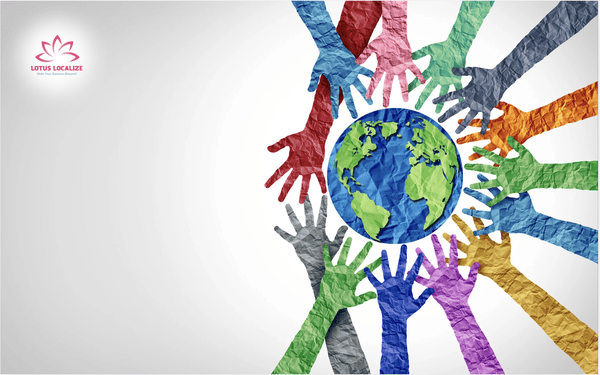
Effective global communication helps build trust and credibility. When customers feel that a brand understands their culture and language, they are more likely to engage with it. This not only enhances customer satisfaction but also drives brand loyalty. Moreover, in a competitive global market, a well-executed communication strategy can set you apart from competitors who might overlook the importance of localization.
On the flip side, poor communication can lead to misunderstandings, lost opportunities, and even damage to your brand’s reputation. Misinterpreting cultural symbols or using inappropriate language can alienate your audience, no matter how great your product or service is. That’s why investing in proper translation and localization services is essential for any business looking to make a mark on the global stage.
Read more: The critical role of government translation in international affairs
What is translation?
Translation is the process of converting text from one language into another while maintaining the original meaning and context. It’s a technical skill that requires not only proficiency in two languages but also a deep understanding of both cultures. The goal of translation is to ensure that the target text accurately reflects the source text in terms of information, tone, and style.
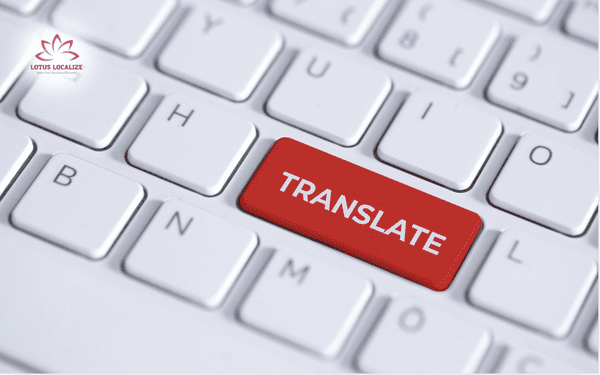
However, translation is not a one-size-fits-all solution. Different types of content require different approaches. For example, translating a legal document demands a high level of precision and attention to detail, whereas translating a marketing slogan might allow for more creativity to capture the essence of the message. Professional translators are trained to navigate these nuances, ensuring that the translated text is both accurate and effective.
One common misconception about translation is that it involves a word-for-word conversion. In reality, a good translation often requires rephrasing and restructuring sentences to make sense in the target language. This is especially true for languages that have different grammatical rules or cultural expressions. A literal translation might be technically correct but fail to convey the intended meaning, which is why professional translation services are invaluable.
What is localization?
Localization goes beyond translation by adapting content to suit the cultural, social, and linguistic nuances of a specific target market. This process involves more than just converting words; it includes modifying visuals, formats, and even the overall user experience to make the content feel native to the local audience. Localization ensures that your message not only translates well linguistically but also resonates culturally.

For instance, a website or software localized for a Japanese audience might use a different color scheme, imagery, and even navigation style than one designed for a European audience. Similarly, a marketing campaign that works well in the United States might need to be reimagined for the Middle Eastern market to ensure it aligns with local customs and values. Localization helps bridge these gaps, making your content more accessible and appealing to diverse audiences.
Localization is crucial in industries such as gaming, software development, and e-commerce, where user experience and engagement are paramount. It’s also essential for marketing campaigns that aim to build an emotional connection with the audience. By considering factors like cultural preferences, colloquial language, and local regulations, localization helps create content that feels genuine and relevant, rather than foreign or out of touch.
Key differences between translation and localization
Translation and localization are often used interchangeably, but they serve different purposes in global communication. While translation focuses on converting text from one language to another with precision, localization adapts the entire content experience to meet the cultural, social, and linguistic preferences of the target audience. Understanding these differences is crucial for choosing the right approach for your business needs.
– Scope:
- Translation: Involves converting written text from one language to another while maintaining the original meaning, tone, and context. It primarily focuses on language accuracy and clarity, without altering the structure or format of the original content.
- Localization: Goes beyond language conversion to adapt content for cultural relevance. This includes modifying visuals, symbols, currencies, date formats, and even marketing strategies to resonate with the cultural and social norms of the target audience.

– Purpose:
- Translation: Aims to ensure that the information in the source language is accurately conveyed in the target language. It is essential for content that requires precision and clarity, such as legal documents, technical manuals, and medical texts, where the primary goal is to communicate the original message without any interpretation or alteration.
- Localization: Seeks to create a natural and authentic experience for the local audience by adapting the content to fit cultural and societal expectations. This is crucial for marketing campaigns, websites, and user interfaces, where the goal is to evoke the right emotions and responses from the target market.
– Use cases:
- Translation: Best suited for content where maintaining the exact meaning and information is crucial. This includes academic research papers, business reports, and legal contracts, where a direct translation ensures that the original intent and details are preserved without any cultural adaptation.
- Localization: Ideal for content that needs to engage and resonate with a specific audience, such as marketing materials, software applications, video games, and e-commerce websites. Localization helps tailor the user experience to feel familiar and relatable, increasing customer satisfaction and brand loyalty.
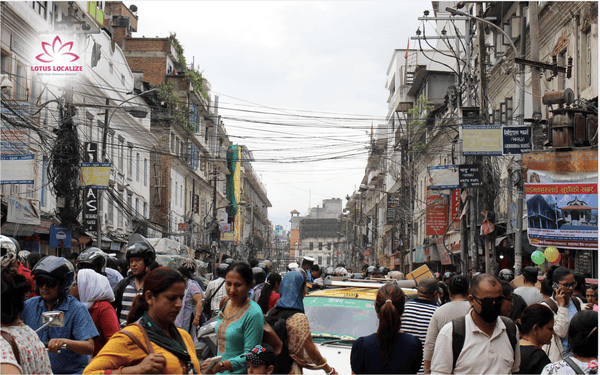
– Content adaptation:
- Translation: Focuses on converting words and sentences accurately, often requiring adjustments in grammar and syntax to match the rules of the target language. It does not typically involve changing non-textual elements, which means the overall layout and structure remain consistent with the original content.
- Localization: Involves a holistic approach, adapting not just the language but also images, symbols, colors, and even user interface elements. For example, a website localized for a Japanese audience might include changes in color schemes, images, and navigation styles to align with local preferences and cultural sensitivities.
– Emotional connection:
- Translation: Aims to convey the original message as accurately as possible, but it may not evoke the same emotional impact due to differences in cultural context. While the information is clear, it might lack the subtle cultural nuances needed to fully connect with the target audience.
- Localization: Creates a more personalized and culturally appropriate experience by considering the values, beliefs, and emotions of the local audience. This can significantly enhance user engagement, as the content feels more relevant and relatable, fostering a deeper connection with the brand.
By recognizing these key differences, you can choose the approach that best fits your goals. Translation is perfect for conveying precise information, while localization is essential for creating a meaningful and engaging experience that resonates with your audience on a deeper level. Using the right strategy will ensure that your content not only reaches a global audience but also leaves a lasting impact.
Read more: Top 10 industries with the highest demand for translation services
When to use translation vs localization
Choosing between translation and localization depends on the nature of your content and your objectives. For straightforward information that needs to be accurately conveyed, such as technical manuals, legal documents, or scientific research, translation is sufficient. The primary focus here is clarity and precision, ensuring that the content remains faithful to the original.
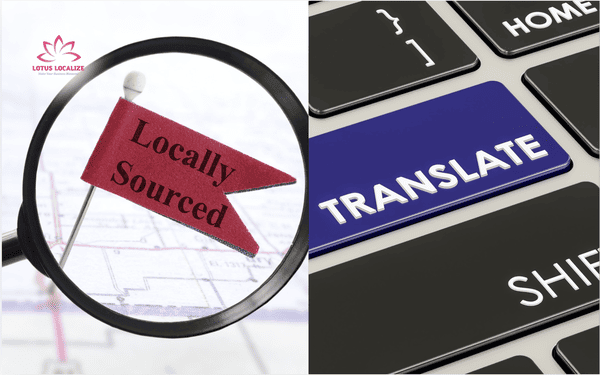
In contrast, localization is more suitable for content that aims to engage, persuade, or evoke a response from the audience. This includes marketing materials, websites, and multimedia content. Localization ensures that the message is not only understood but also resonates emotionally and culturally with the target audience. For example, a localized website will consider factors like cultural preferences, local holidays, and regional slang, creating a user experience that feels personalized and relevant.
Ultimately, the decision to use translation or localization should be guided by your specific needs and the expectations of your audience. In many cases, a combination of both might be the best approach, particularly for businesses that need to provide detailed information while also building a strong brand presence in a new market.
Lotus Localize offers trustworthy translation and localization services
At Lotus Localize, we understand that effective global communication requires more than just accurate translations. That’s why we offer both translation and localization services tailored to your needs. Whether you need to translate legal documents with precision or localize a marketing campaign to resonate with a specific audience, our team of experts is here to help.
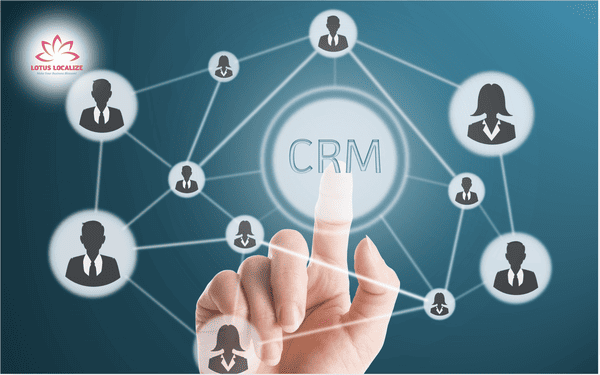
Our translation services are designed to maintain the integrity of your content, ensuring it conveys the right message across different languages. Our localization services, on the other hand, adapt your content to fit the cultural and linguistic nuances of your target market. We take a holistic approach to ensure that your brand’s voice remains consistent and impactful, no matter where in the world your audience is.
All in all, both translation and localization play vital roles in effective global communication. Understanding when to use each can significantly impact the effectiveness of your message. While translation ensures accuracy and clarity, localization fosters a deeper connection with your audience by adapting your content to their cultural context. For businesses aiming to succeed internationally, a balanced approach that leverages both translation vs localization is often the key to success.
Ready to elevate your global communication? Lotus Localize is here to support you with reliable, professional services that ensure your message is not just heard, but truly understood. Whether you need precise translation or culturally relevant localization, we’ve got you covered. Trust Lotus Localize for all your translation vs localization needs!
Contact us today at our hotline or Whatsapp: + 84 866 224 968 or visit the websites: dichthuathoasen.com/en/. Let Lotus Localize accompany you in bringing products, people, and culture to the global stage, and together, we’ll create miracles!
QUALITY PROMISE
At Lotus Localize, we are dedicated to delivering high-quality services and ensuring the utmost satisfaction in every client project. Our team of translators and staff consistently exert effort and adhere rigorously to quality management procedures. This commitment guarantees that each project progresses seamlessly, meets deadlines, and exceeds our clients' expectations.
